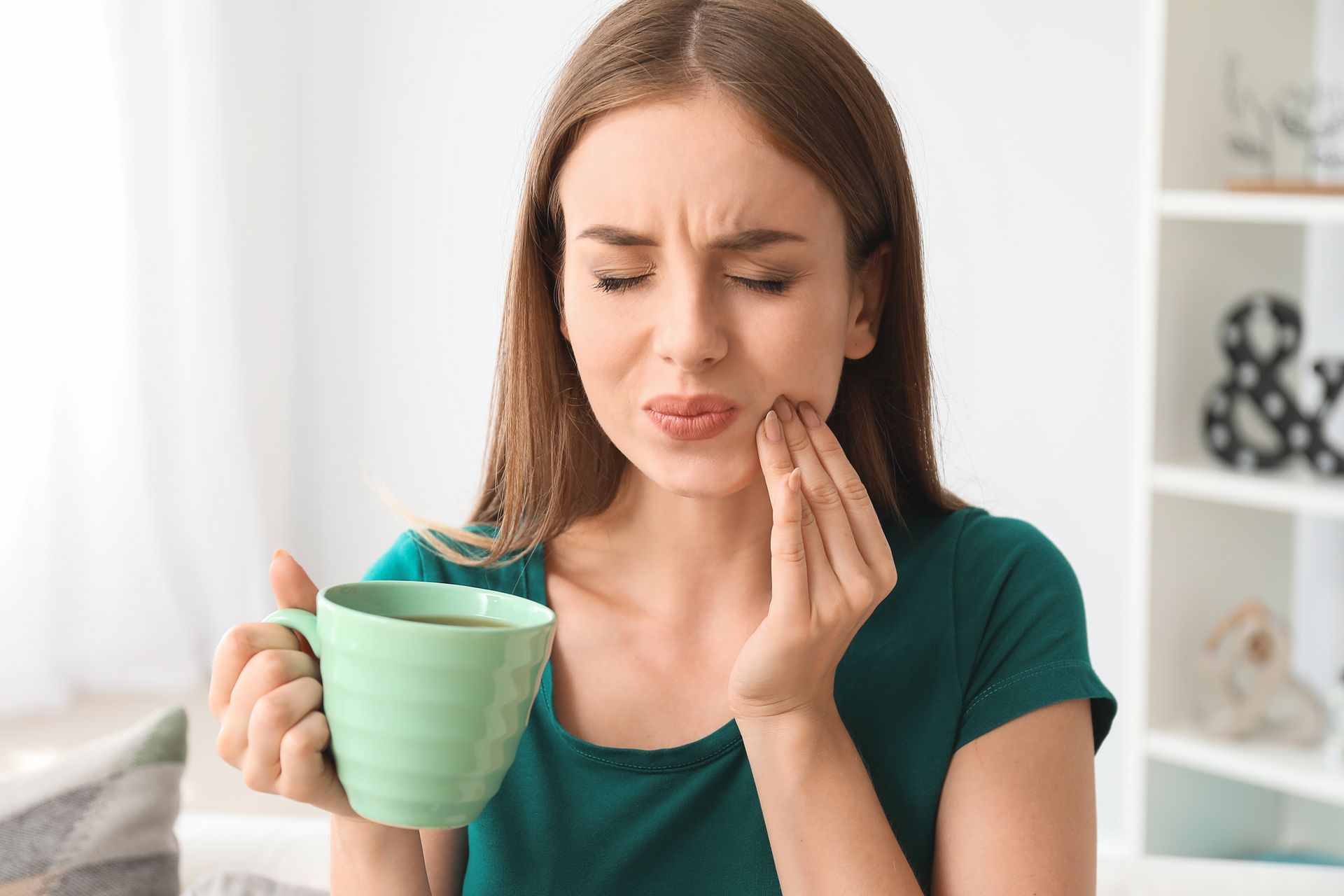Tips for Managing Dental Emergencies at Home
Dental emergencies can happen without warning, and knowing how to manage them at home can make a big difference in preventing further damage and alleviating pain. We understand the stress and discomfort that comes with sudden dental issues, and we want to provide you with the knowledge to handle these situations calmly and effectively. Whether it's a knocked-out tooth, a painful toothache, a chipped tooth, or a soft tissue injury, having a plan in place can help you respond quickly and appropriately.
When a dental emergency occurs, the first few moments are crucial. Quick and proper actions can sometimes mean the difference between saving and losing a tooth. For instance, knowing how to preserve a knocked-out tooth until you can see a dentist is vital for the best chance of successful reimplantation. Similarly, understanding how to alleviate toothache pain at home can provide much-needed relief until professional help is available.
Equipping yourself with these tips not only prepares you for potential emergencies but also gives you peace of mind. Being informed ensures that you can handle dental crises effectively, making the experience less frightening and more manageable for you and your family. We'll explore steps and solutions for different types of dental emergencies to help you stay prepared and protect your oral health.
Handling a Knocked-Out Tooth
Steps to preserve the tooth
When a tooth gets knocked out, immediate action can help save it. First, locate the tooth and handle it carefully. Pick it up by the crown, the top part of the tooth, and avoid touching the root. Rinse the tooth gently with water if it's dirty, but don't scrub it or use soap. Try to reinsert the tooth into its socket if possible. Hold it in place by biting down gently on a clean cloth or gauze.
If reinserting the tooth isn’t possible, keep it moist until you can see a dentist. Place it in a container with milk or a saline solution, or keep it inside your mouth next to your cheek. Avoid using plain water, as it can damage the root surface cells.
Caring for the affected area
After managing the knocked-out tooth, take care of your mouth. Rinse your mouth gently with warm water if there's debris or dirt. Apply a cold compress to the outside of your mouth, on the affected area, to reduce swelling. You can also take over-the-counter pain relievers if you’re experiencing discomfort. Be sure to avoid aspirin, as it can increase bleeding.
Dealing with Toothaches
Alleviating pain at home
A toothache can be very painful, but there are steps you can take to alleviate the pain at home. Rinse your mouth with warm salt water to cleanse and soothe the area. Mix half a teaspoon of salt in an 8-ounce glass of warm water and swish it around in your mouth for about 30 seconds before spitting it out. Applying a cold compress to the outside of your cheek can help reduce swelling and numb the pain.
Over-the-counter pain relievers, such as ibuprofen or acetaminophen, can be effective in managing toothache pain. Additionally, clove oil, known for its natural analgesic properties, can be used as a temporary remedy. Dab a small amount of clove oil on a cotton ball and apply it directly to the aching tooth.
When to seek professional help
While home remedies can provide temporary relief, it’s important to know when to seek professional help. If your toothache persists for more than a day or two, becomes severe, or is accompanied by fever, swelling, or a foul taste in your mouth, contact a dentist. These symptoms could indicate a more serious condition, such as an infection, which requires professional treatment.
By understanding how to handle a knocked-out tooth and manage toothaches at home, you can protect your dental health and alleviate discomfort until you can see a dentist. Quick, informed actions are key to dealing with these common dental emergencies effectively.
Managing Broken or Chipped Teeth
Immediate actions to take
Discovering a broken or chipped tooth can be alarming, but there are immediate steps you can take to protect your tooth and alleviate pain. Rinse your mouth with warm water to clean the area and remove any debris. If there is bleeding, apply a piece of gauze to the affected area and hold it in place until the bleeding stops. Use a cold compress on your cheek to reduce swelling and numb any pain.
It’s important to collect and save any pieces of the broken tooth if possible. Store them in a clean container and bring them with you to the dentist. Avoid chewing on the side of your mouth where the tooth is damaged to prevent further harm.
Temporary solutions until you see a dentist
While waiting to see a dentist, you can use dental wax or sugar-free gum to cover any sharp edges of the broken tooth. This will help protect your tongue and cheek from cuts or irritation. Over-the-counter pain relievers can help manage discomfort. Avoid eating hard or crunchy foods that could aggravate the damaged tooth until you receive professional treatment.
Addressing Soft Tissue Injuries
Treating cuts and abrasions in the mouth
Soft tissue injuries, such as cuts or abrasions in the mouth, can occur from accidents or biting down on something hard. Start by rinsing your mouth with a mild saltwater solution to clean the area and reduce the risk of infection. Apply gentle pressure with a clean cloth or gauze to control any bleeding.
For small cuts, you can use a cold compress on the outside of your mouth to reduce swelling and discomfort. Over-the-counter pain relief can also help manage any pain associated with the injury.
When to seek medical attention
If the bleeding doesn’t stop after applying pressure for 10-15 minutes, or if the injury is large, deep, or accompanied by severe pain, it’s important to seek medical attention immediately. Persistent bleeding, signs of infection (such as increased redness, swelling, or pus), and difficulty swallowing are indications that professional care is needed. Contact your dentist or go to the emergency room to have the injury properly treated.
Conclusion
Dental emergencies can be unsettling, but knowing how to manage them at home can make them less intimidating. From handling a knocked-out tooth and dealing with toothaches to managing broken teeth and addressing soft tissue injuries, quick and informed actions can make a significant difference in the outcome of these situations. Proper at-home care can alleviate pain and prevent further damage until you can see a dentist.
At Aria Dental of Annapolis, we are committed to helping our community maintain optimal dental health, even in emergencies. If you experience a dental emergency or need advice on managing one, don’t hesitate to reach out. Schedule an appointment with us today, and let our
emergency dentist in Annapolis help you keep your smile healthy and bright in 2024 and beyond!



Website designed and maintained by Energize Group
Aria Dental of Annapolis

